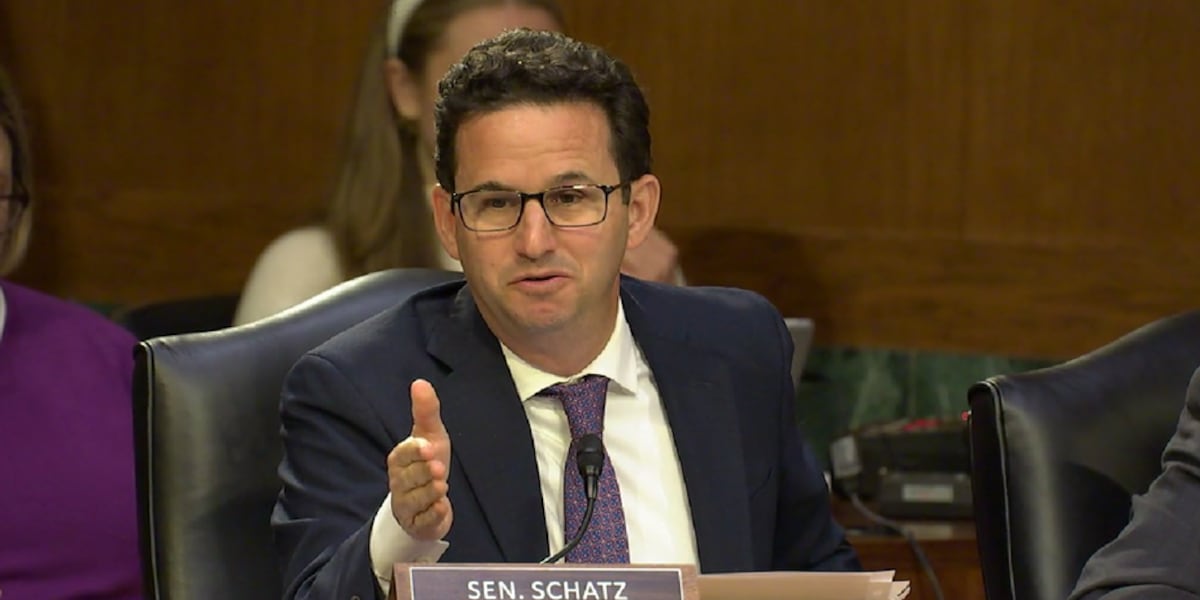Health Watchdog Strikes Back: Schatz Challenges Trump's Gag Order on Critical Public Health Warnings

In a powerful bipartisan effort, Senator Brian Schatz leads a coalition of 10 U.S. senators advocating for continuous and uninterrupted health warning services to protect and inform the American public. The group is pushing for comprehensive communication strategies that ensure citizens receive critical health information promptly and consistently, highlighting the importance of transparent and reliable health communication during challenging times.
By championing this initiative, Senator Schatz and his colleagues demonstrate a commitment to public health and safety, recognizing that timely and accurate health warnings are essential for empowering Americans to make informed decisions about their well-being. Their collaborative approach underscores the critical need for seamless health communication channels that can rapidly disseminate vital information across diverse communities nationwide.
